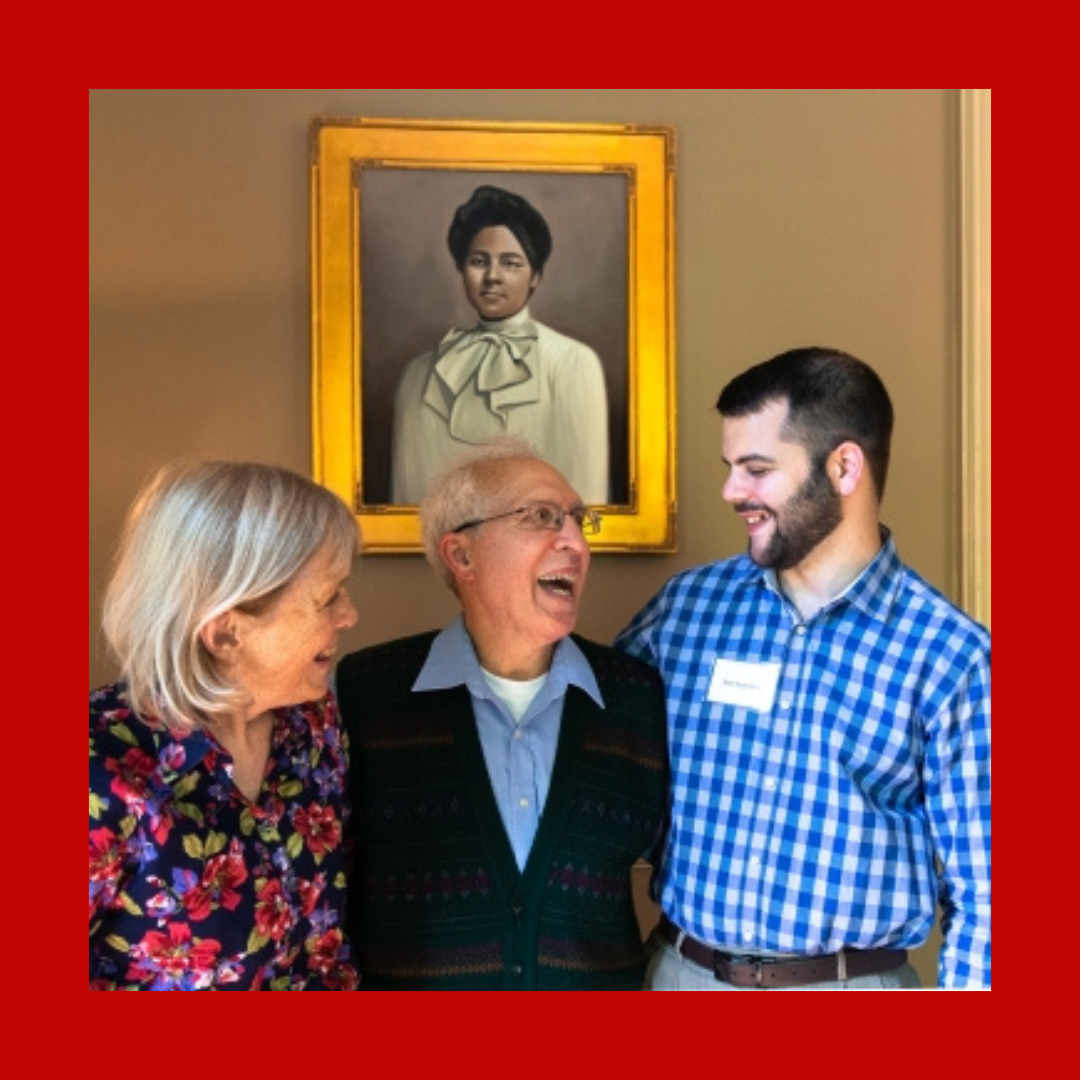 The Ruth J. Simmons Center for the Study of Slavery & Justice (Simmons Center) Friends were co-founded by Tom Bale ’63 and Ann Coles ’63 on the occasion of their 50th reunion. The Simmons Center Friends are an important network of alumni and community members that help to support the Center’s work and help connect its programs and resources to more communities.
The Ruth J. Simmons Center for the Study of Slavery & Justice (Simmons Center) Friends were co-founded by Tom Bale ’63 and Ann Coles ’63 on the occasion of their 50th reunion. The Simmons Center Friends are an important network of alumni and community members that help to support the Center’s work and help connect its programs and resources to more communities.
The Simmons Center Friends support the Center’s work in many different ways, including financial and outreach support, connecting the Center with their local alumni affinity or regional group, and/or by joining the committee which meets monthly.
We are expanding the Simmons Center Friends’s network of supporters and encourage you to join the Friends. Your engagement will help increase the visibility of the Center’s work, and provide funding for it to be sustained as a vibrant force for learning, discussion, and action.
